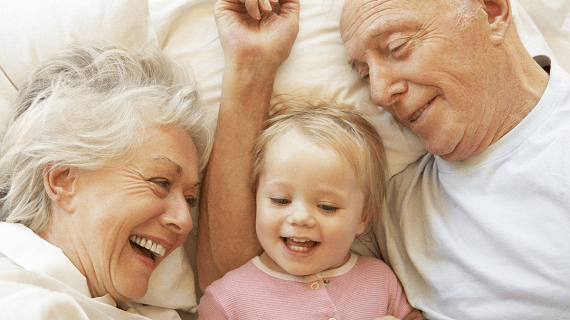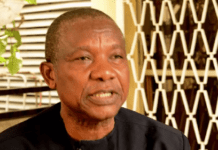A preliminary study released today that will be presented at the American Academy of Neurology's 72nd Annual Meeting in Toronto, Canada, 25 April to 1 May 2020, has shown that grandmas and grandpas who experience day time somnolence may be at risk of developing new medical conditions, which include diabetes, cancer, and high blood pressure.
The condition called hypersomnolence is defined as excessive daytime sleepiness even after having seven or more hours of sleep. It can be debilitating for some people, affecting the way they perform at work and in other daily activities.
“Paying attention to sleepiness in older adults could help doctors predict and prevent future medical conditions,” said study author Maurice M. Ohayon, M.D., Ph.D., DSc, of Stanford University in Stanford, Califonia, and a member of the American Academy of Neurology. “Older adults and their family members may want to take a closer look at sleeping habits to understand the potential risk for developing a more serious medical condition”.

The study involved 10,930 people; 34 percent of participants were 65 years or older.
Researchers interviewed participants over the phone two times, three years apart. In the first interview, 23 percent of people over 65 met the criteria for excessive sleepiness. In the second interview, 24 percent reported excessive sleepiness. From the later group, 41 percent said sleeping too much was a chronic problem.
The study found that people who reported sleepiness in the first phone interview had a 2.3 times greater risk of developing diabetes or high blood pressure three years later than those who did not experience it. They were also twice as likely to develop cancer. Of the 840 people who reported sleepiness at the first interview, 52 people, or 6.2 percent, developed diabetes compared to 74 people, or 2.9 percent of those who were never sleepy during the day. Also, of the 840 people who reported sleepiness, 20 people, or 2.4 percent, developed cancer compared to 21 people, or 0.8 percent of those who were never sleepy during the day.
The results remained the same after researchers adjusted for other factors that could affect daytime sleepiness, such as gender and sleep apnea.
People who reported daytime sleepiness during both interviews had a 2.5 times greater risk of developing heart disease.
People who reported sleepiness only in the second interview were 50 percent more likely to also have diseases of the musculoskeletal system and connective tissue, such as arthritis, tendinitis and lupus, than those who did not have daytime sleepiness.
A limitation of the study was that it relied on participants' memories, rather than monitoring their sleep length and quality and daytime sleepiness in a sleep clinic.














I stand strongly with shedrach Nzomisaki
I stand with pharm shedrach Nzomisaki
I stand with shedrach Nzomisaki